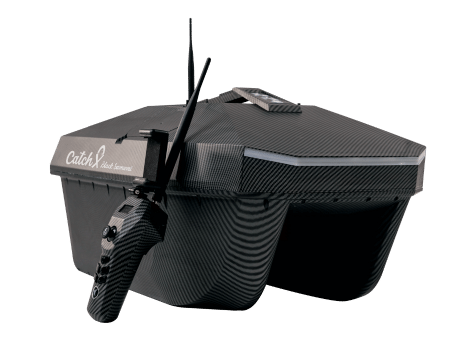How to Choose the Right Fish Finder for Your Needs?
If you're an avid fisherman, one tool that you will find increasingly useful is a fish finder. This device can help you locate schools of fish, underwater structures, and other important information that will improve your chances of catching fish. However, with a wide variety of brands available on the market, it can be challenging to choose the right fish finder for your needs.
Factors to consider when choosing a fish finder
There are several factors to consider when choosing a fish finder. Here are some of the most important:
Transducer frequency
The transducer is the part of the fish finder that sends out sonar waves to detect fish. Transducers have different frequencies (measured in kHz), and the frequency you need depends on the depth of the water you fish in. For shallow waters, a higher-frequency transducer (usually 200 kHz or higher) is the best. For deeper waters, a lower-frequency transducer (usually 50 kHz or lower) is recommended.
Screen size
Another crucial factor to consider is the screen size of the fish finder. If you have a small boat, a small screen may work. However, if you have a larger boat, a larger screen (5 inches or more) will help you see more details.
GPS capability
Many fish finders also come with GPS capability, which can help you navigate on the water. If this is essential to you, make sure to choose a fish finder with this feature.
Types of fish finders
There are three primary types of fish finders: standalone, combo, and networked. Here's what you need to know about each type:
Standalone fish finder
This type of fish finder only displays sonar information. It doesn't have GPS capability or other advanced features.
Combo fish finder
A combo fish finder combines sonar information with GPS capability, allowing you to navigate on the water easily.
Networked fish finder
A networked fish finder allows you to connect multiple devices, including your smartphone, tablet, and other fish finders.
Choosing the right fish finder can make a significant difference in your fishing success. By considering the essential factors we discussed, such as transducer frequency, screen size, and GPS capability, you can find a fish finder that meets your specific needs. Remember to check out the top brands of fish finders for sale, such as Garmin, Lowrance, Rippton and Humminbird. Finally, understand the differences between standalone, combo, and networked fish finders to make an informed decision. Happy fishing!


























